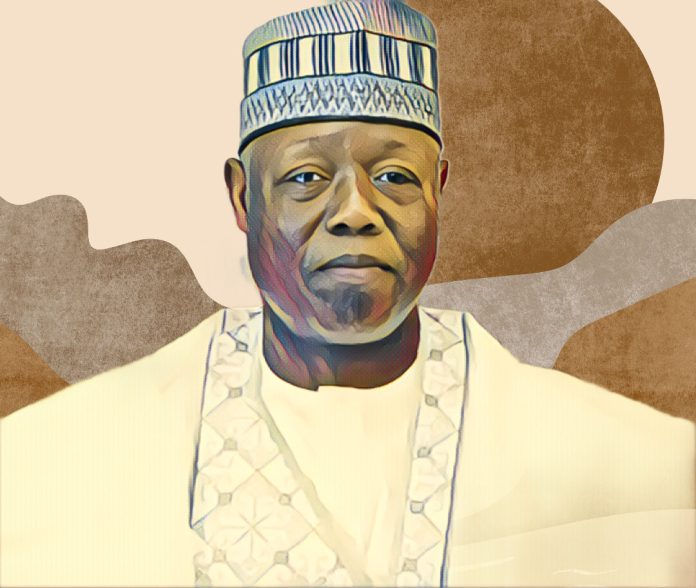President Bola Tinubu has announced significant changes in Nigeria’s intelligence community with the appointment of new directors-general for the National Intelligence Agency (NIA) and the Department of State Services (DSS). Ambassador Mohammed Mohammed has been named the new Director-General of the NIA, replacing Ahmed Abubakar, who resigned recently. Mr. Adeola Oluwatosin Ajayi has been appointed as the new Director-General of the DSS, succeeding Yusuf Bichi, who had served since 2018 under former President Muhammadu Buhari.
According to Ajuri Ngelale, Special Adviser to the President on Media and Publicity, these appointments are part of Tinubu’s broader strategy to enhance national security and improve collaboration among intelligence agencies. In a statement released Monday in Abuja, Ngelale emphasized that the President expects the new security chiefs to work closely with other agencies and the Office of the National Security Adviser to address Nigeria’s pressing security challenges.
The President expressed gratitude to the outgoing directors-general for their dedication and service to the nation, wishing them well in their future endeavors. He also tasked the new appointees with the critical role of repositioning their respective agencies for more effective performance in safeguarding national security.
Profiles of the New Intelligence Chiefs
Ambassador Mohammed Mohammed, the newly appointed Director-General of the NIA, brings a wealth of experience from a distinguished career in the foreign service. He joined the NIA in 1995 and has held several significant positions, including his most recent role as the head of the Nigerian Mission in Libya. Mohammed, a 1990 graduate of Bayero University, Kano, has also served in various international postings in North Korea, Pakistan, Sudan, and at the State House in Abuja. Also, his extensive experience and background in international relations are expected to bolster the NIA’s capabilities in intelligence gathering and global diplomacy.
Mr. Adeola Oluwatosin Ajayi, the new Director-General of the DSS, has a robust background in domestic intelligence operations. Ajayi’s career in the DSS has seen him rise through the ranks, culminating in his appointment as Assistant Director-General before his recent promotion. He has served as the State Director in several states, including Bauchi, Enugu, Bayelsa, Rivers, and Kogi, gaining a reputation for effective leadership and strategic intelligence operations. His diverse experience within the DSS is anticipated to bring a new approach to managing the country’s internal security challenges.
Strategic Shift in Nigeria’s Intelligence Community
The appointments of Mohammed and Ajayi represent a strategic shift aimed at revitalizing Nigeria’s intelligence and security operations. Moreover, as Nigeria continues to grapple with various security threats, including insurgency, kidnapping, and banditry, the new directors-general are expected to implement innovative strategies and foster greater collaboration between intelligence agencies.
President Tinubu’s directive to the new appointees is clear: enhance coordination among intelligence units, improve the effectiveness of their operations, and work towards a more secure Nigeria. However, this leadership change is seen as a crucial step in addressing the evolving security landscape and ensuring the safety of Nigerian citizens.
Observers and stakeholders within the intelligence community are optimistic about the new appointments. They believe that fresh leadership at the NIA and DSS will bring new perspectives and energy to these critical agencies. Furthermore, with their vast experience and the President’s support, Mohammed and Ajayi are well-positioned to lead their respective agencies toward achieving Nigeria’s security goals.
As these new leaders assume their roles, the focus will be on how they navigate the complex challenges facing the nation. In addition, their ability to collaborate effectively with other security agencies and deliver on the President’s mandate will be pivotal in shaping the future of Nigeria’s security environment.
Source: Vanguard



